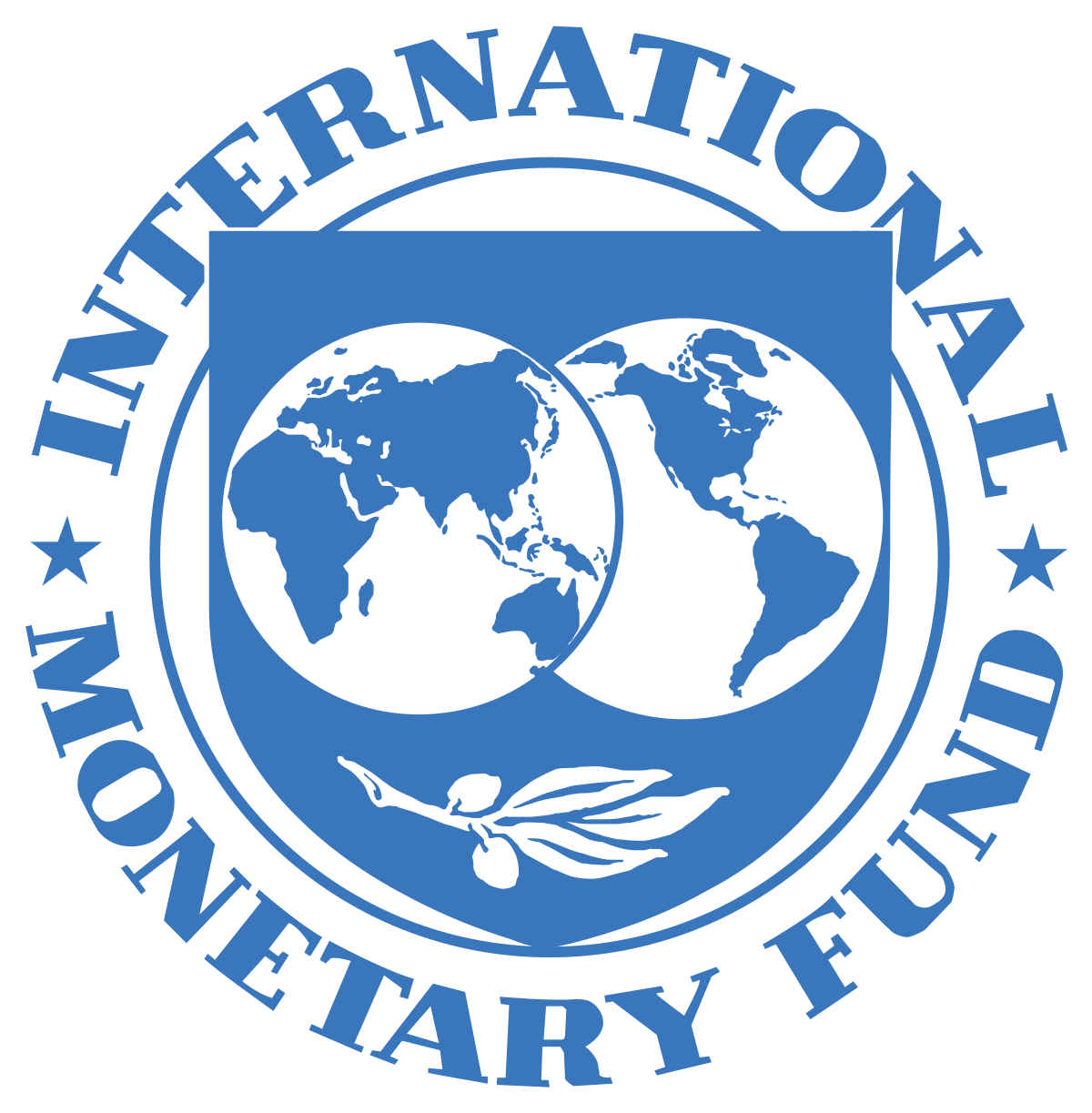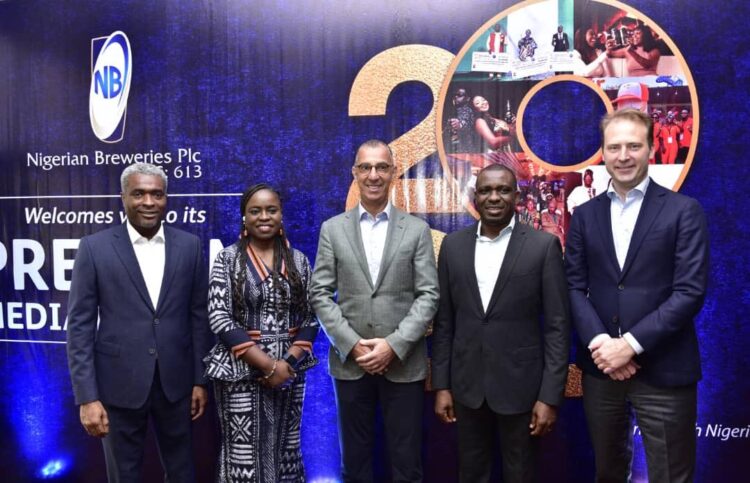Activist lauds FG on inclusiveness for PWDs
By Lucy Ogalue Dr Christopher Nwanoro, a disability rights activist, has lauded the Federal Government for its efforts to ensure inclusiveness for the Disability Community in Nigeria. Nwanoro, also the President, National Disability Empowerment Forum (NADEF), a Non-Governmental Organisation (NGO) stated this when he spoke with the News Agency ofContinue Reading





















